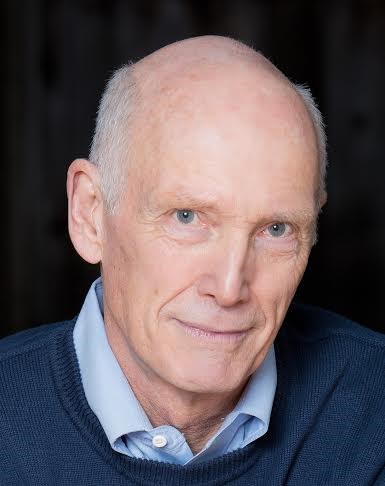In the early part of June, I spent a long week in Ontario dealing with deaths.
The first, John Duncan, a mentor of mine in ministry, died in October, 2014. He named me his literary executor and we just finished the job of disposing of and dispersing his library of over 6,000 volumes last week. That’s over 600 shelf feet of books. This mourning was long and drawn out. His library was broad in scope and rich in content. John had conversations with the authors by appreciating and arguing with them in the margins. Time after time, I’d sit down and read through a sampling of the comments, remembering John’s sage spirit and passionate voice – fond memories that fed me and continue to form me.
The second, David Grier, was a companion of mine in striving for greater corporate social responsibility in ��ѻ��ý. We met arguing the best strategies for the Canadian banks to adopt in bringing an end to apartheid in South Africa. He had lived in South Africa until coming to McGill in the early 1950s. His headed public affairs for the Royal Bank. In spite of our differences over strategies, we became fast friends. His broad interests and keen mind provoked my thinking about the best ways to encourage a moral society.
We buried John with the full Anglican funeral rite. Even though he was a Presbyterian minister, he and Bona had found their spiritual home in a wonderful little Anglican parish near their home in the Kawartha Lakes in Ontario. We celebrated David’s life with a party. It was at the Centre in Mount Pleasant Cemetery, near where he and Annette lived in Toronto, with great stories being told about David’s life and a wonderful jazz trio playing. They were two very different ways of honouring the lives lived and the blessings bestowed, both most appropriate to those being mourned.
While going through the last of John’s books and thinking of my comment at David’s celebration, I ran across an anthology of writings by Abraham Joshua Heschel. Heschel spoke a prophetic Jewish voice into the movements for social justice in the 1960s and 1970s. The day before he died he stood outside a prison in the freezing snow to welcome the release of a priest who had been a close colleague in civil protest. Heschel was fond of repeating a Hasidic saying – “There are three ascending levels of how one mourns. With tears – that is the lowest level. With silence – that is the higher. And with song – that is the highest.”
For both friends, the tears came quickly and didn’t last terribly long. In their saltiness, there was a reminder of the earthy delight both friends took in living life to its fullest. The silence lasted much longer. I am not comfortable with silence. It took intentional effort to stay there and allow the more deeply seeded memories to surface and grow. But now is the time for music. Remembering John, I play a mix of Roy Clark singing old time gospel and Peter Hurford playing Bach’s Toccota and Fugue in D Minor. Remembering David, I play jazz, especially Houston Person (who we saw together at Cory Weeds Cellar Jazz Club in Vancouver) on tenor sax and Keith Bennett on harmonica (whose CD, Tin Sandwich, David loved).
Heschel’s Hasidic wisdom works well for me in my mourning. It moves me from sadness to contemplation to joy. These are all good ways to grieve and a good flow for cherishing the life that continues, nourished by the spirits of John and David.
 Brian Fraser is lead provocateur of Jazzthink and minister with Brentwood Presbyterian Church in Burnaby, BC. He works primarily with not-for-profit staffs and boards convening COOL conversations for SMARTer leadership. You can find out more at
Brian Fraser is lead provocateur of Jazzthink and minister with Brentwood Presbyterian Church in Burnaby, BC. He works primarily with not-for-profit staffs and boards convening COOL conversations for SMARTer leadership. You can find out more at
You can read more articles from our interfaith blog, Spiritually Speaking,
*This article was published in the print edition of the ��ѻ��ý on Saturday, June 25 2016


